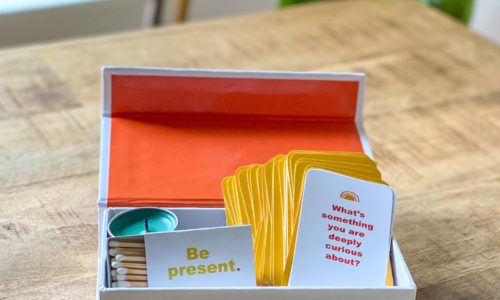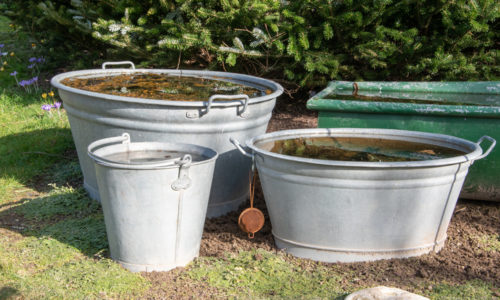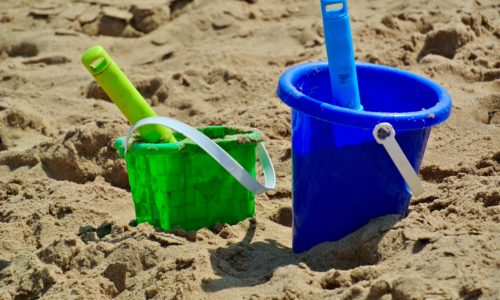Children at Acton are on a journey to become independent learners for life.
The big question for parents at Acton is this: What is the healthy balance between helicoptering and neglect? How can we parents be involved in our child’s learning to fly in a way that does not hold them back?
While I have no parenting advice for you, I do know there are five important ways we can support and equip our children each day as they work to find their callings and change the world.
Here they are:
- Observe deeply and listen with authentic curiosity to their thoughts and opinions instead of assuming we know them. This helps protect our children from the tendency to project our own regrets and insecurities onto them.
- Ask questions and tell stories more often than giving lectures and directives. This communicates respect and inspires vulnerability.
- Keep in touch weekly with their S.M.A.R.T. goals. Walk through the Points Tracker together asking them to explain things. Then ask about when and if they get into their panic zones. What is most challenging? Where are they finding pleasure and ease in their work each day? What scares them? Where do they need support? Where can they find that support? This sharing helps us remember how hard learning is. Check back in at the end of the week to see how things went. This builds empathy for their experience.
- Sit with them quietly when failure happens – and encourage them to get up again and get back in the game. This helps protect our children from the dangers of helicopter parenting (taking struggle away from our children). It also proves we believe in them and trust them.
- Admit that we, too, are learners. We are open to changing and growing. We are not the experts in this journey called Life. When we share what we are learning and the challenges we face, we become more bonded to our children. Plus, learning new things keeps us young. (Or so I hope.)
If I had to write a sixth one, I’d say to write a family plan. But I’ll save that for my next post.
The bottom line is this: At Acton, we believe parents are the central guides, heroes and experts in each child’s learning journeys. And we believe parents need to check this power carefully so the journey continues to be the child’s very own and not what we wish it to be.


